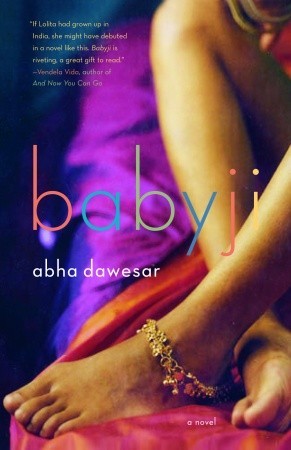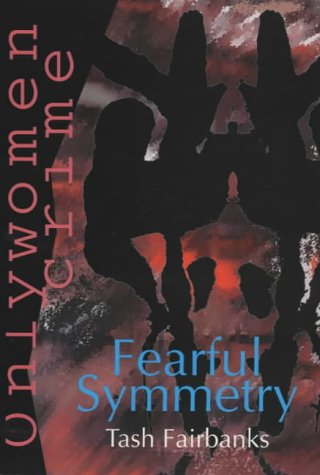I don’t know what to think about Babyji. This is going be less of a review and more of an unpacking of my emotions. It’s one of the most uncomfortable reading experiences I have had. I assume that is purposeful, but it means that I can’t seem to get a handle on my own emotional reaction. Anamika is sixteen, and the narrative focuses on her three simultaneous love affairs: two with older women, one with a female classmate. If this was a heterosexual book, I would immediately see her as a victim and the older characters as perpetrators, regardless of context, I’m sure. So I should feel the same way about a same-sex relationship, presumably… but I don’t, exactly. The power dynamics are complicated: one of her relationships is with her servant, which makes me uncomfortable in the opposite way. Anamika has such power over her that it seems like a manipulative relationship no matter Anamika’s intentions (and they’re not always good). Her relationship with the woman she calls “India” should be more straightforward. India is a woman that Anamika hardly knows before she arrives on her doorstep and invites herself into the woman’s bed. India should have refused her, and there are moments where her age asserts itself and makes it clear that the relationship is unbalanced, but frankly it doesn’t disturb me as much as her other love affairs. Anamika is manipulative and demanding, frequently pushing into areas of questionable consent with all three of her partners. Maybe it’s as simple as saying that Anamika functions as both victim and perpetrator in this book, often at the same time. And maybe that’s a reality that I don’t want to face, that it’s possible to be both, and that the question of who’s in the right is not so easy to answer.
The relationships are the focus of the novel, and it was interesting to see how they could both empower her and overwhelm her. Anamika is swept up into a sexual world that she sometimes embraces wholeheartedly and sometimes shrinks away from. Once she begins to pursue India, it seems like she gets advances from every direction, and those moments where she seems to be drowning in this new environment were gut-wrenching. Her thought processes, her unpredictable moods, her erratic priorities all felt very true to being a teenager and discovering yourself. Her philosophical tangents may not have been earthshattering, but they did feel familiar to where I was at that time period. In fact, the whole novel seems messily realistic. It didn’t seem to follow an arc to me, and it concludes abruptly, but it just felt like being abruptly dropped into her life.
One aspect that I found interesting is that I’m not sure how Anamika would identify. She is attracted to women, that’s for sure, but she also identifies with men quite a bit. In her fantasies she often sees herself as a man–usually a man that was power over women. She reads Lolita at some point and compares herself to Humbert Humbert multiple times, which she doesn’t seem to find worrying at all. It’s hard to say whether she identifies with men in a personal identity way, or just aspires to the power that these men have over women.
I finished the book feeling unsettled. I wasn’t sure not only how I felt about the characters and their actions, but even how the author intended them to be received. Everything felt murky and troubling. If you’ve read this, I’d love to get your thoughts, because I don’t know how to arrange mine on the subject.


caseythecanadianlesbrarian says
I read this a long time ago when I hadn’t read very many queer books, but I do remember not knowing how I should feel and feeling confused. Reading your review, it seems even stranger and provocative than I remember!
Danika @ The Lesbrary says
Maybe it’s just me, but it really weirded me out. The power dynamics are bizarre.